Macclesfield Flyfishers Club (MFFC) is a small and friendly club run by enthusiastic anglers wanting to promote quality fly fishing to like minded folk.
The Club is proud to cater for both the stillwater and river fly fisher, providing a wide variety of fly fishing waters. The Club offers fishing for quality Brown & Rainbow Trout on the picturesque 30 acre Ridgegate reservoir, situated in Macclesfield Forest on the south western edge of the Peak District National Park.
In addition, the Club has superb wild Brown Trout fishing on approximately 9 miles of the upper River Dane along the Cheshire-Staffordshire border and a large portion of one of its tributaries, Clough Brook.
Memberships, Trial Memberships and Day Tickets are available.
Please scroll down to read more.
You may be able to view the site better if you turn your phone sideways.
The Club’s main water is Ridgegate reservoir, a 30 acre reservoir, leased from United Utilities, situated on the south west edge of the Peak District National Park in Macclesfield Forest.
The reservoir is regularly stocked with high quality Rainbow and Brown trout, and fishing is allowed all year round.
There is easy access and convenient parking on the road-side adjacent to the reservoir, and a fishing hut is available for use by members.
The fishery is open from dawn until one hour after sunset (no night fishing), seven days per week.
Day tickets are available for this water all year round.
This water has prolific fly hatches throughout the season with tremendous hatches of mayfly (Ephemera vulgata) from late May through to mid-July in most years.
This species hatch is supplemented with good hatches of buzzers, lake olives, damsel flies, caenis and sedges through the season along with falls of terrestrials such as hawthorn fly and crane fly (daddy-long-legs) at other times of the season.
The Club's fishing on the River Dane and Clough Brook is for wild brown trout.
There is no stocking, and all fish must be returned. Barbless or de-barbed hooks must be used.
Access and parking is by arrangement with local farmers.
The fishing ranges from fairly easy and relaxing to quite challenging, with lengthy walks required on some stretches for the more adventurous angler all the way up the Back Dane to Three Shires Head.
See details of the various beats below.
The Club’s lower fishery on the River Dane is where the A523 Macclesfield – Leek road crosses the River Dane.
The Club's fishing is upstream of the road bridge for approximately ¾ mile (double bank).
Day tickets are available on this beat during the trout season (15th March until 30th September).
The Club has approximately 3/4 mile of double bank fishing just upstream of Danebridge.
Access is via a private farm track, and there is parking for 2 cars.
Day tickets are not available for this beat.
The Club has about 4 miles of fishing on the River Dane from Three Shires Head downstream to Watersmeet (where Clough Brook meets the Dane).
The fishing is continuous apart from a short stretch around Gradbach Mill, and is predominantly double bank.
This beat also includes approximately 600 metres of the left bank fishing (looking downstream) on Clough Brook immediately above Watersmeet.
The most appropriate parking for this beat is at the public car park at Gradbach, which is approximately in the middle of the beat.
Day tickets are not available for this beat.
The Club’s Clough Brook fishing is all located in Wildboarclough valley. The fishing starts at Owlers Bridge, and runs upstream for the full length of the valley, a distance of approx. 3.5 miles.
The fishing is all double bank.
Parking is available along the whole of this length in the various lay-bys along the road.
Day tickets are not available for this beat.
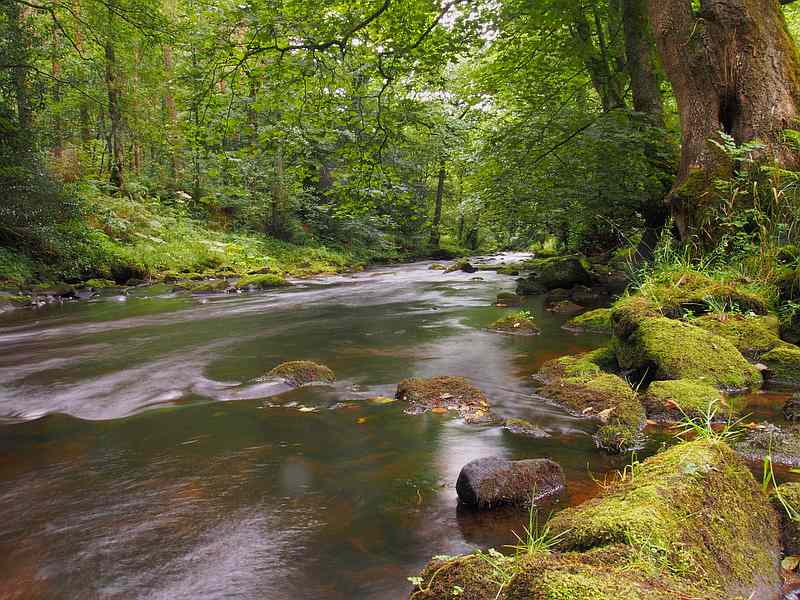
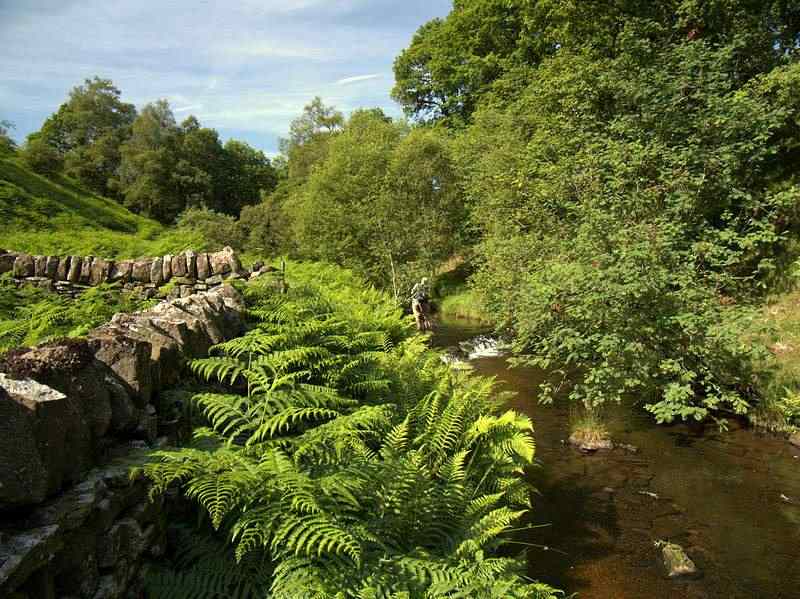
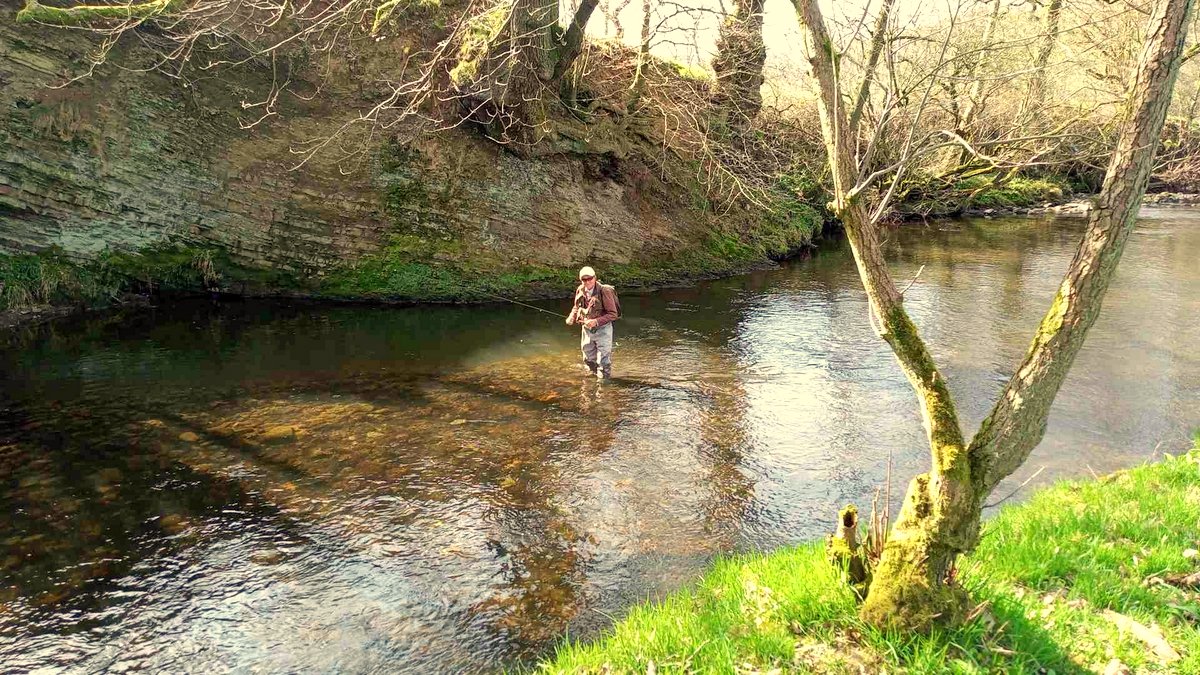
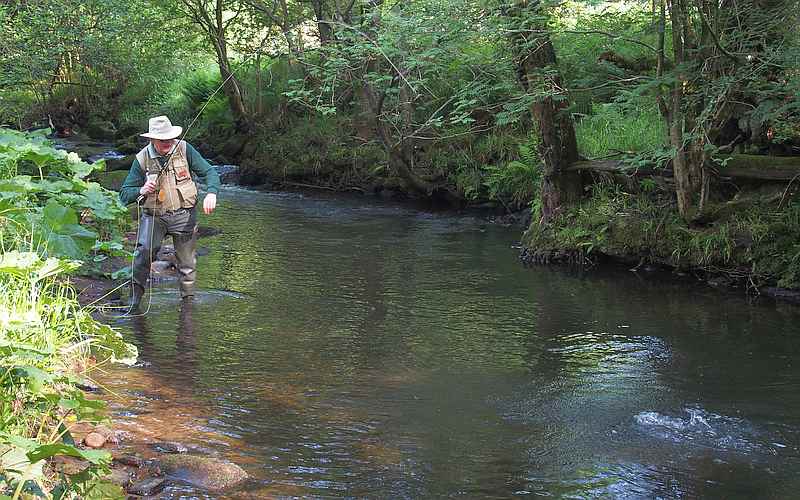
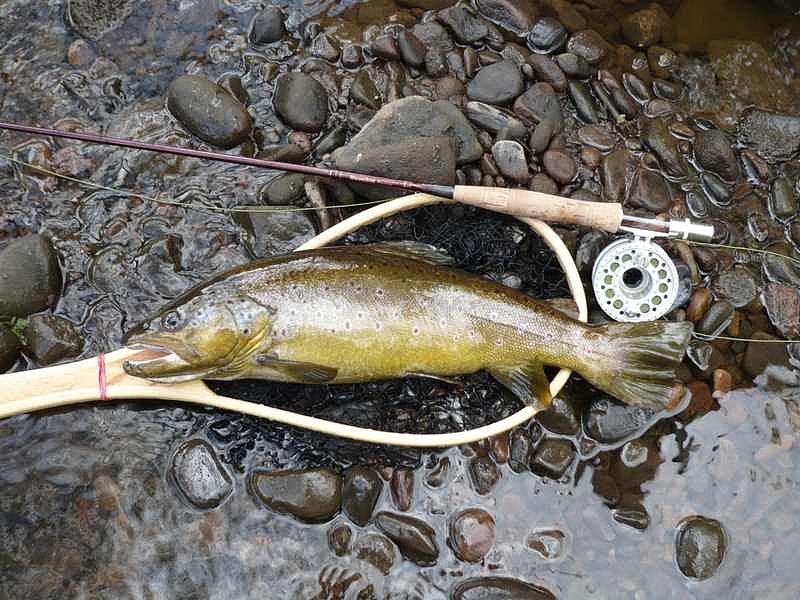
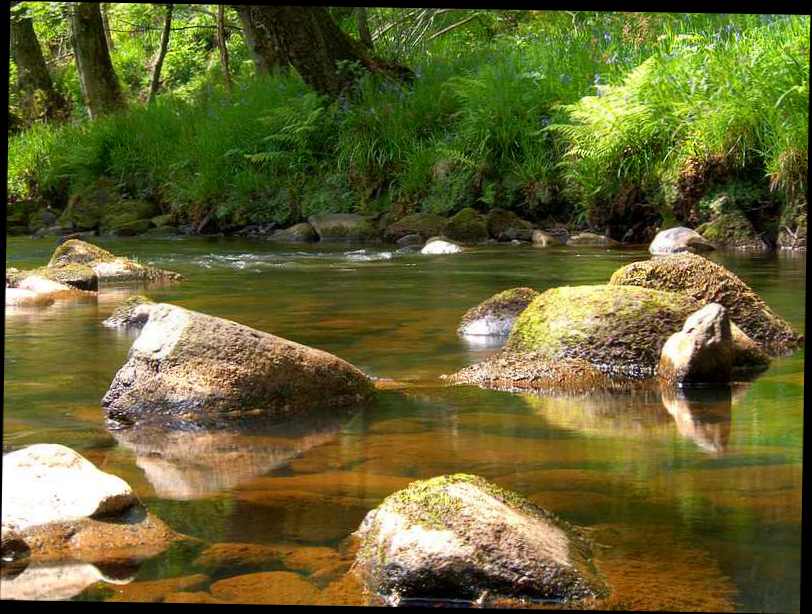
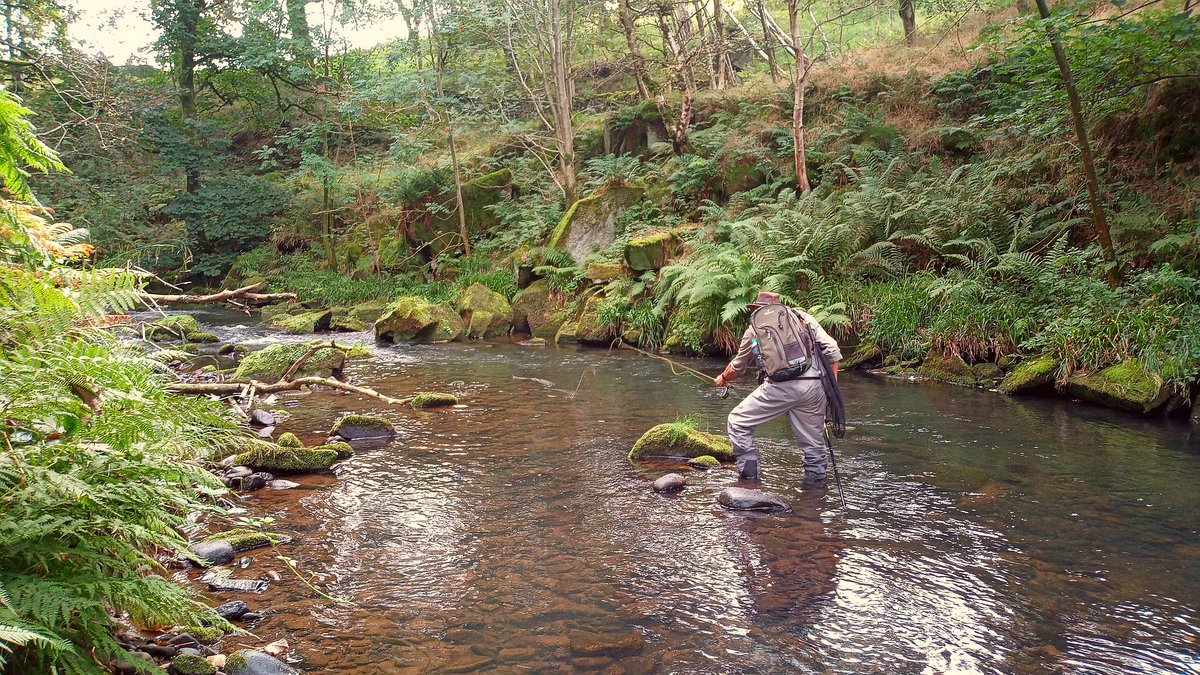
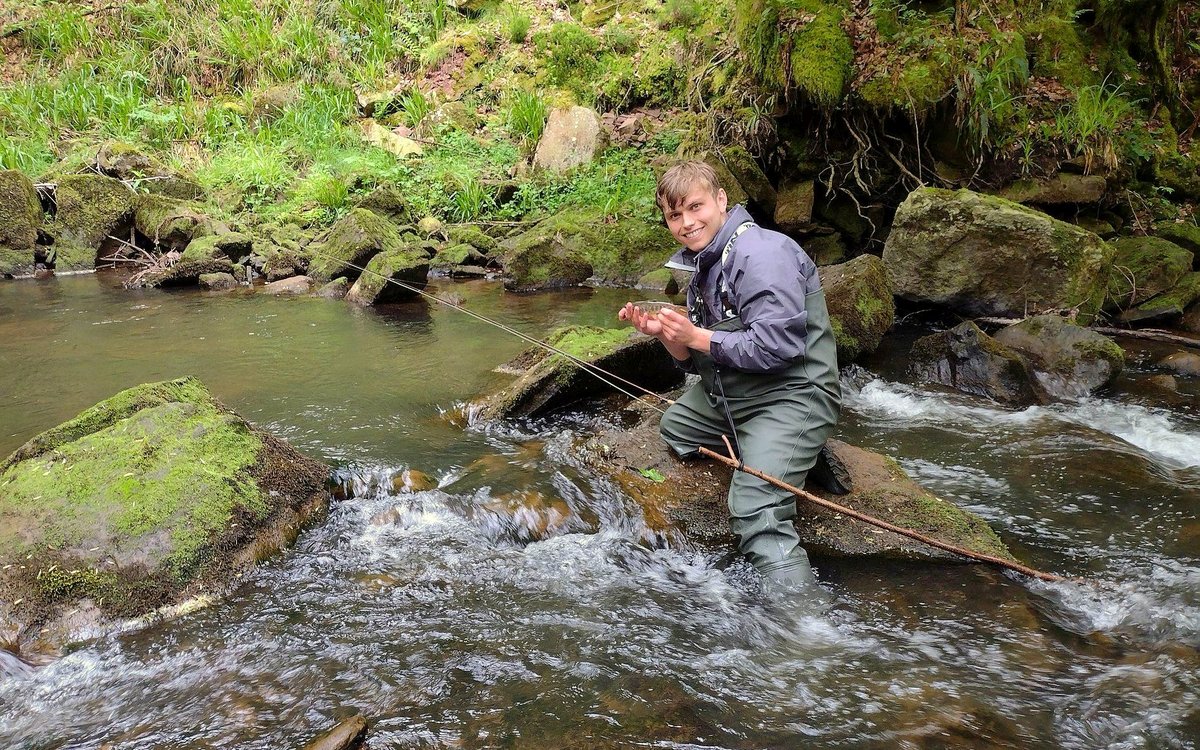
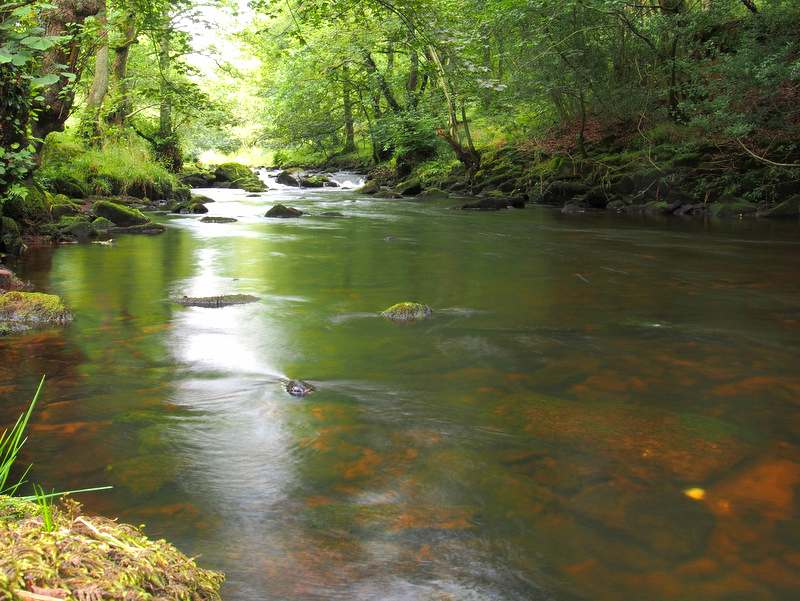
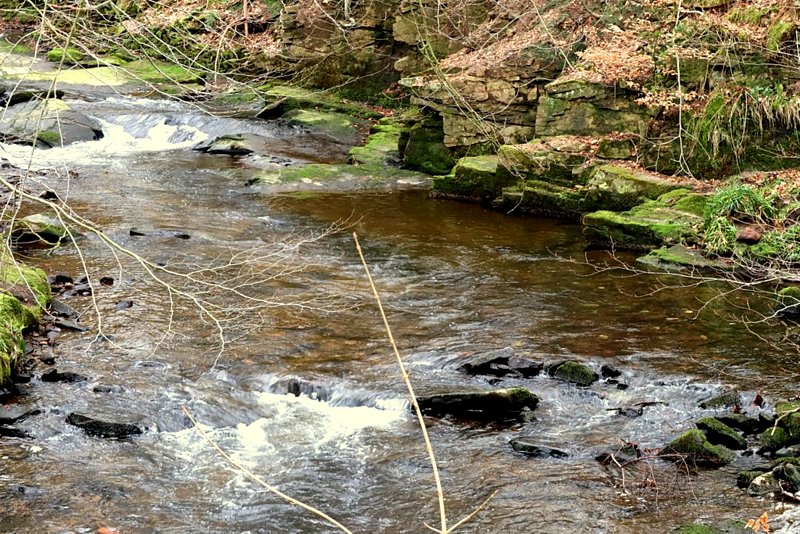
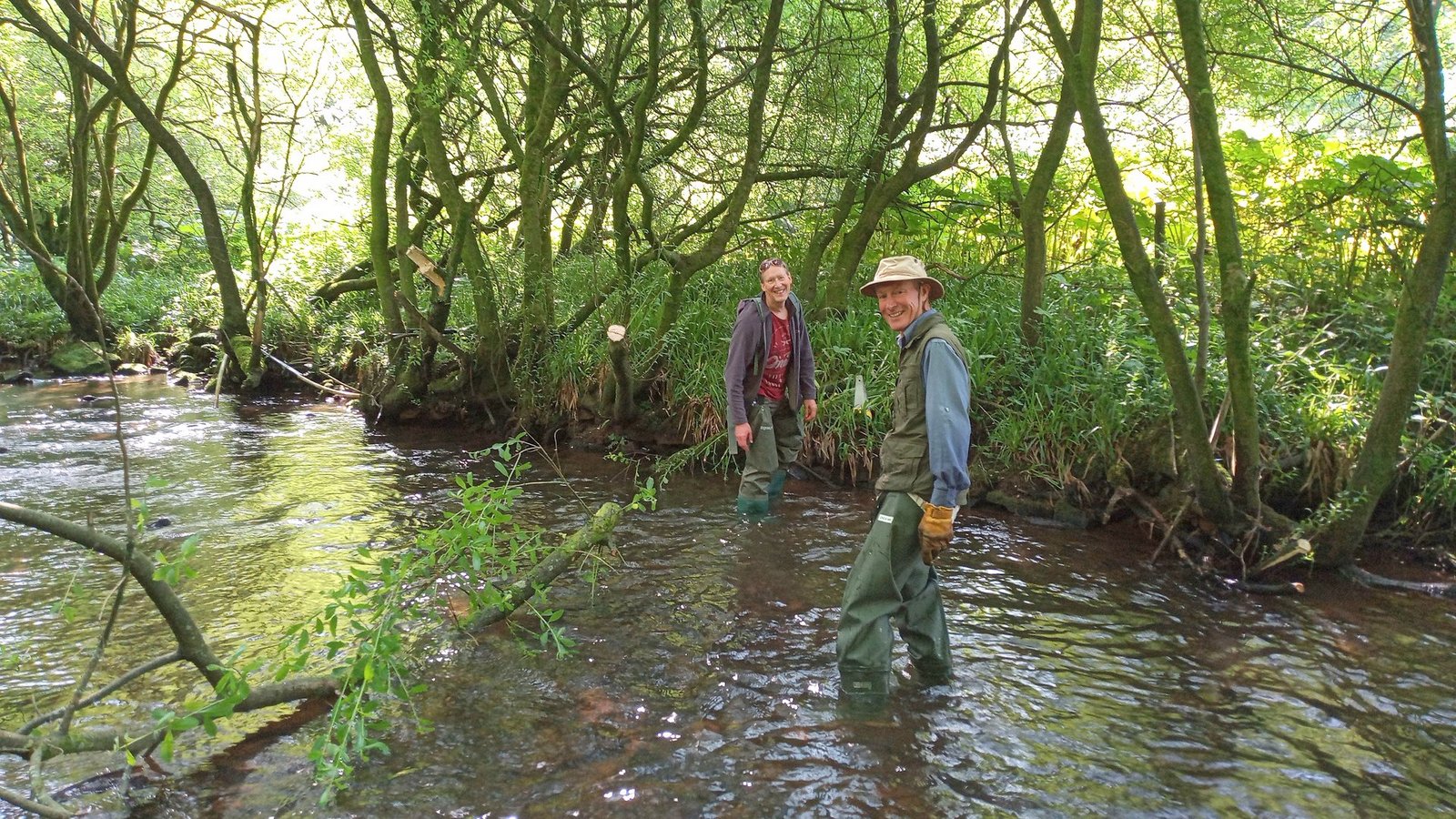
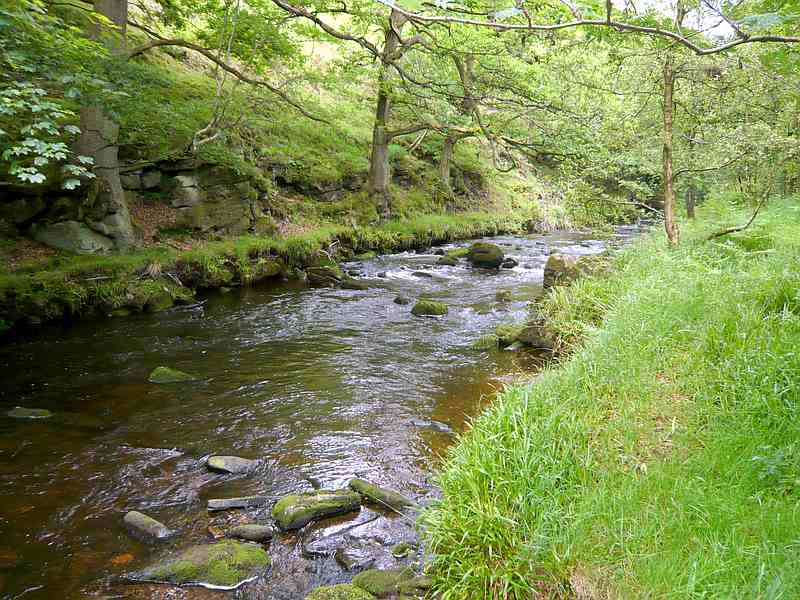
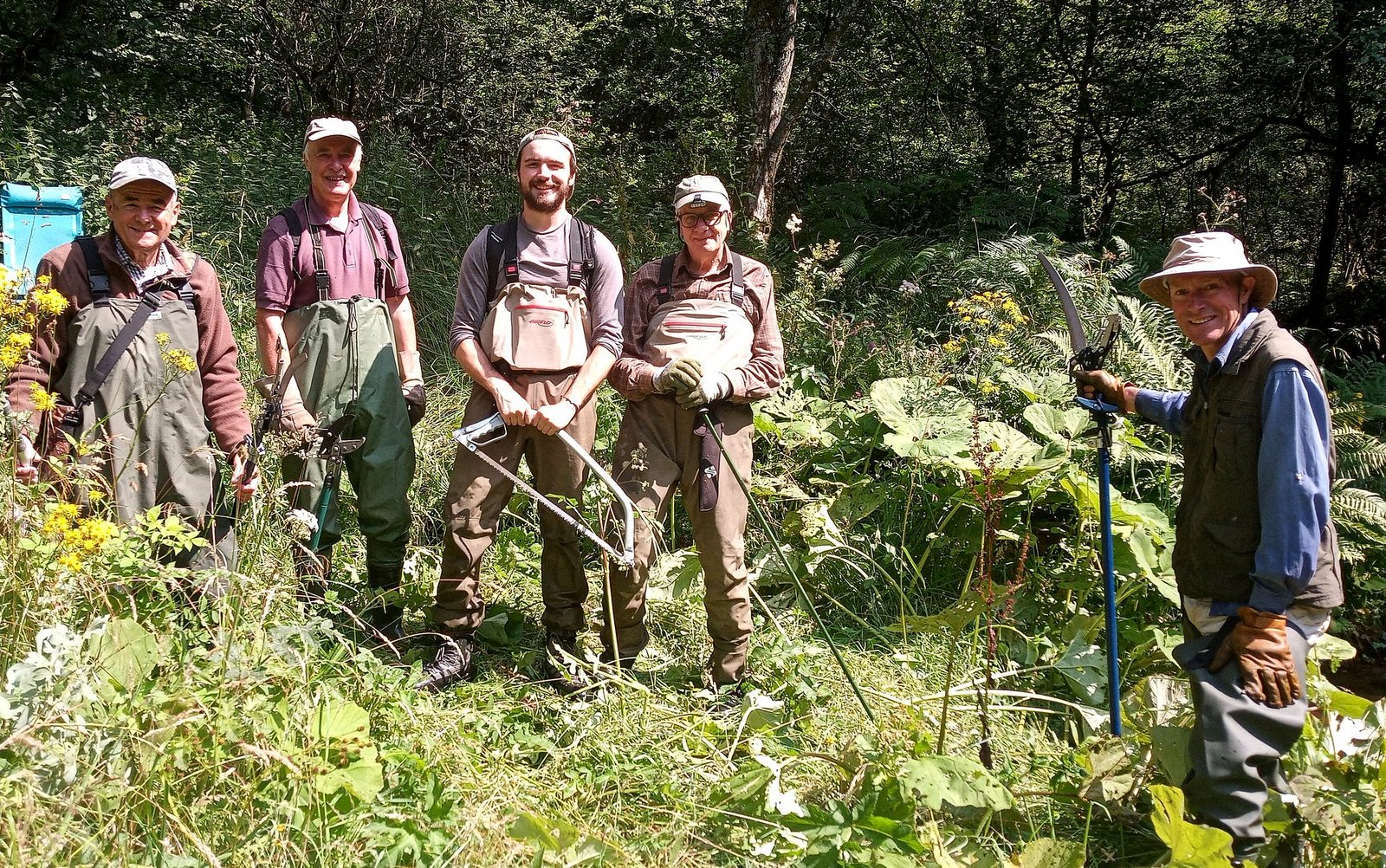
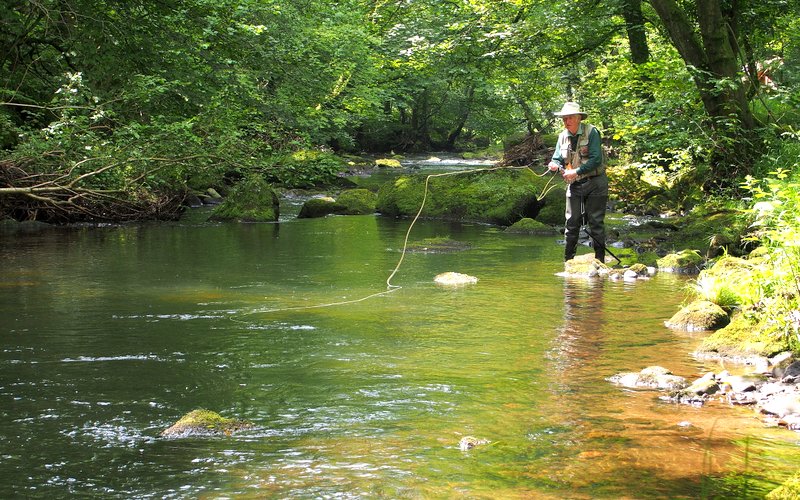
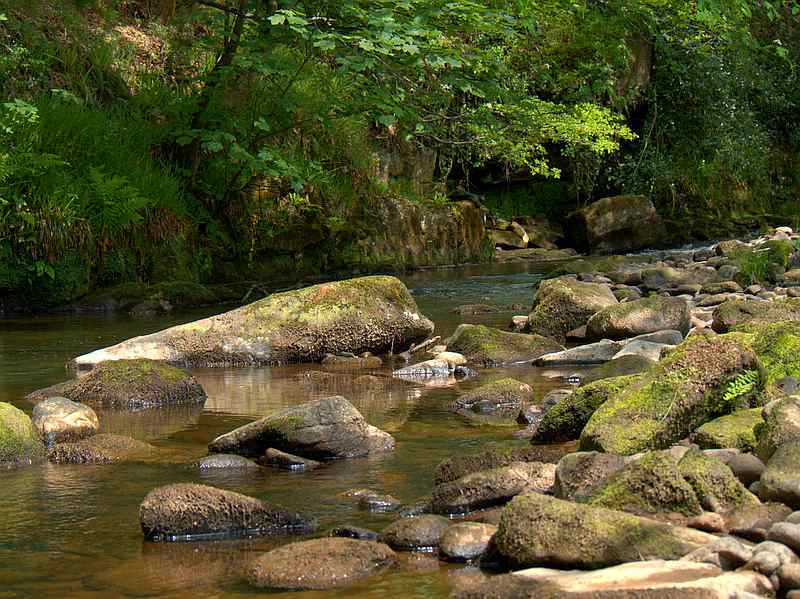
The Club membership is now full and we have a waiting list.
The membership fees for 2025 are:
Seniors (21 and over) £235
Intermediates (18-20) £117.50
Juniors (under 18) £50
Juniors must be accompanied at all times.
The Club is waiving the joining fee for 2025 (normally £100).
To join the waiting list, please send us a message using our
Contact Form
Each year the Club offers prospective members a 2 month trial membership at a cost of £75.
Applicants can choose to have their trial membership run from either 1st May to 30th June, or 1st June to 31st July.
The trial membership allows access to all Club Waters.
Applicants can only participate in one trial period.
To enquire, please print the application form and post it with photos etc. to the address on the form.
Please note: Due to work being carried out by United Utilities on Ridgegate reservoir which will impact our fishing areas, the Club will not be issuing trial memberships in 2025.
3 day tickets are available each day for Ridgegate (£25), and 3 tickets are available each day for the Hug Bridge stretch of the River Dane (£15).
There is a 2 fish limit at Ridgegate, and catch and release on the river.
Fishing is from dawn until one hour after sunset. All day ticket purchasers must show their EA licence.
Junior (aged 12 - 17) tickets are available at half the adult price. Juniors must be accompanied.
Please request day tickets well in advance of the day that you wish to fish - preferably 7 days in advance.
To enquire, please send us a message using our Contact Form
Please note: Due to work being carried out by United Utilities on Ridgegate reservoir which will impact our fishing areas, the Club will not be issuing day tickets for Ridgegate until further notice. Day tickets for the river are still available.
For all Membership, Day Ticket and General enquiries, please send us a message using our Contact Form
Club documents and other useful information are available on the password protected Members Only Area. To access the area you must enter a valid username and password.
Please note that if you get the username and/or password wrong 4 consecutive times, the web server will lock you out of the Macclesfield Flyfishers website, and it may take us some time to re-instate you.
The latest changes to the Members Only Area are:
Aug '25 - Presentation to retiring Chairman and retiring committee member
July '25 - 2 new parking options for the Back Dane
July '25 - River Catch Returns for 2016 to 2024
July '25 - Health & Safety Warning re. River Fishing
July '25 - Wild Trout Trust Advisory Visit Report
July '25 - New Signage at Ridgegate
Click the link below to access the area.
Members Only Area
The Club organises regular work parties on both Ridgegate Reservoir and the rivers.
Please visit the Members Only Area for more details. Please volunteer to help.
The Annual Club competition on Ridgegate was held on Wednesday 4th June 2025.
The competition was won by Mike Fennell with a rainbow of 2lb 3oz. Steve Peterson was runner-up with a rainbow of 2lb 0oz.
Please see further details and photos on the Members Only Area of the website.
If you find something wrong with the website, or have any difficulty navigating around it, or would like to provide feedback or suggestions, please use the link below:
Site Feedback Form
Use the following links to view the forecast for Macclesfield (applicable to Ridgegate and Hug Bridge).
Met Office - MacclesfieldUse the following links to view the forecast for Flash or Gradbach (applicable to Back Dane).
XC Weather - Flash Met Office - GradbachIn late 1949 an advert was
placed in the Macclesfield Times by the late Eric Pastore, inviting anglers
interested in fly fishing to a meeting in the Bate Hall Hotel in Macclesfield.
This meeting took place on the 7th December of that year and the 18
persons present agreed on the formation of Macclesfield Fly Fishers.
With no waters available the Club approached the
Earl of Derby to see if they could lease the upper reaches of the River Dane
and other associated streams. An initial 5 year lease was agreed and as they
say, the rest is history as the Club blossomed.
By 1952 a cap on the number of members was
agreed at 100 to preserve the quality of the fishing on the streams. Also in
that year a proposal was put to the Earl of Derby’s estate with a view to
purchasing the fishing rights on the then leased streams. This purchase was
finalized in 1959 and the capital raised with guaranteed loans from the members
of the Club.
The Club’s waters at that time comprised Clough
Brook, Back Dane, Barley Ford, Watersmeet and Ravensclough, all set in the
picturesque Wildboarclough and Dane valleys, with additional fishing on
Ingersley pool.
Over the years some of these waters have changed
hands but the Club still owns fishing rights on the upper reaches of the River
Dane and its streams. By 1956 the Club had added another water for its members
in the form of Crag Pool, again leased from the Earl of Derby’s estate. This
fishery continued to be leased by the Club until 2010.
More river fishing on the river Dane was leased
at Hug Bridge in 1958, and the rights subsequently purchased in 1972 to add to
the Club’s other rights. Over the years many other local waters, both large and
small, were either leased or considered for rental.
In 1968 the Club tendered the then Macclesfield
Water Board for the fishing on the Langley reservoirs. The tender was accepted
by the Board and fly fishing commenced on Ridgegate Reservoir in April of that
year as a brown trout fishery. In 1970 trial stocking of the reservoir took
place with a limited number of rainbow trout to supplement the stock of brown
trout. This proved successful and the Club continues to stock the water with
both brown and rainbow trout, being one of the few Clubs in the area to provide
quality brown trout fishing. Many of the current members operate a voluntary
catch and release policy in order to allow the brown trout the opportunity to
grow on, something that Ridgegate Reservoir is well capable of.
In 1973 the Club also leased the fishing on
Trentabank Reservoir from the Macclesfield Water Board. This fishing continued
for a few years but was given up in 1977.
The Club has always remained very active, and
keen to conserve and improve the quality of its fishing. For several years from
1967 the Club introduced soluble chalk into Clough Brook on an annual basis to
improve the pH and quality of the water. In more recent times the Club has
worked closely with the Environment Agency and local farmers to improve the
habitat on the rivers. Projects have been undertaken with grants from the EA to
introduce structure to the river to improve fish holding areas. This has proved
highly successful. Also the EA monitors the river on a regular basis to carry
out fish and invertebrate surveys.
Following the infamous “wall of water” flood in
Wildboarclough in 1989, the Club took the decision that nature needed time to
repair the damage done and fishing was suspended to allow the stream to
recover. Fishing recommenced in 1994.
For many years, from the seventies onwards, the
Club put names forward for those wishing to fish the England International
eliminators with several members representing internationally.
1993 saw the introduction of fly tying tuition
through the winter evenings to the Club’s activities. This activity continued
each winter until 2012/2013.
Also an informal social fishing competition takes place annually in the
summer run on the Club’s reservoir. Other activities include regular
working parties on the reservoir, rivers and streams, as part of the Club’s
commitment to general maintenance.
In 2001 fishing was
curtailed on the Club’s rivers and streams due to the Foot and Mouth outbreak.
However following discussions with United Utilities and guidance from MAFF
fishing was duly permitted at Ridgegate via one access gate adjacent to the
tarmac road. Members were required to dip their feet both on accessing and
leaving the reservoir until the outbreak was over.
Like other fisheries over
the years there had been an increase in the number of cormorants visiting the
reservoir. In 2002 the Club applied for and obtained a cormorant management
license under the guidance of Natural England. This license has continued until
the present day, whilst a breeding colony has established itself on the nearby
Trentabank reservoir.
2009 saw another milestone event for the Club.
The decision was taken to form the Club into a limited company. This was duly
done and met with the approval of the membership. Subsequently the Club
has sought to register its fishing rights for the rivers and streams that it
purchased from the Lord Derby estate.
In 2012 the Club launched
its own website in order to move into the current electronic age. The website
provides the focus for all information for both members and prospective members
wishing to join the Club. As electronic communication gathers pace, in 2025 the
Club created a “WhatsApp” group for the membership which has seen considerable
uptake.
In 2015 the decision was
taken to cease stocking its rivers and streams and revert to wild brown trout
fisheries. The consequence of this was that fishing actually improved, with
greater numbers fish being caught. Although fish numbers vary year on year this
reversal to wild stock appears to have been the correct decision.
In 1999, 2009 and 2024 the Club celebrated its
50th, 60th and 75th anniversaries, demonstrating how far the Club has come
since that initial advert in the local paper back in 1949. Here’s looking
forward to the centenary celebrations of the Club.
Algae occur naturally in inland waters such as rivers, streams and lakes. When conditions are ideal for growth, an algal bloom can occur. During a bloom, the water becomes less clear and may look green, blue-green or greenish-brown. Scums can form during calm weather when several bloom forming species rise to the surface. This can look like paint, mousse or small clumps.
Cyanobacteria or blue-green algae, a type of blooming algae, can produce toxins. These toxins can kill wild animals, livestock and pets. They can also harm people, producing rashes after skin contact and illnesses if swallowed.
Algal blooms block sunlight from reaching other plants in the water. They also use up oxygen in the water at night which can suffocate fish and other creatures. Oxygen is also used up when the bloom decays.
Click here to view the Government's advice on blue-green algae
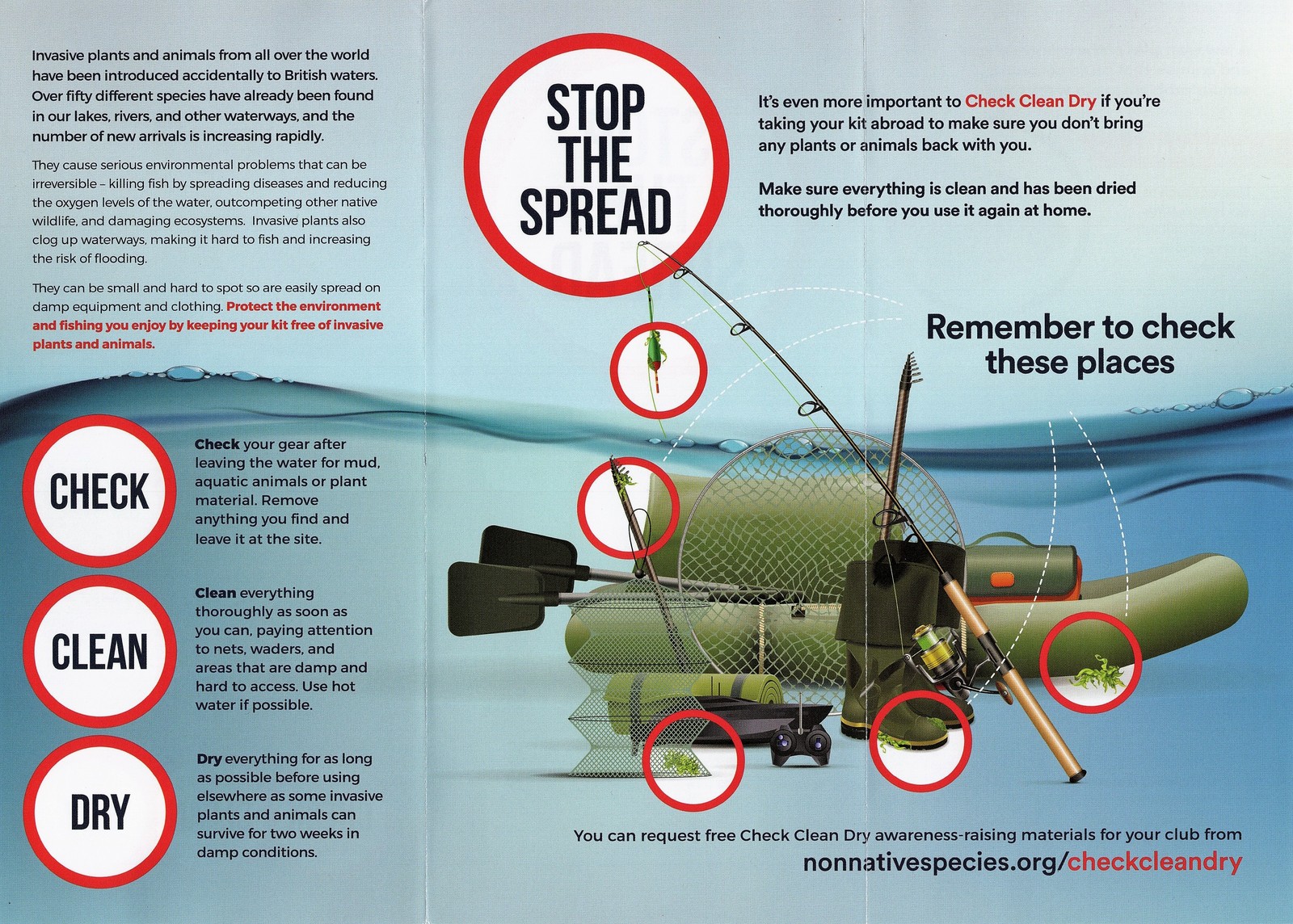
Visit the Non Native Species website (see above) for more information.
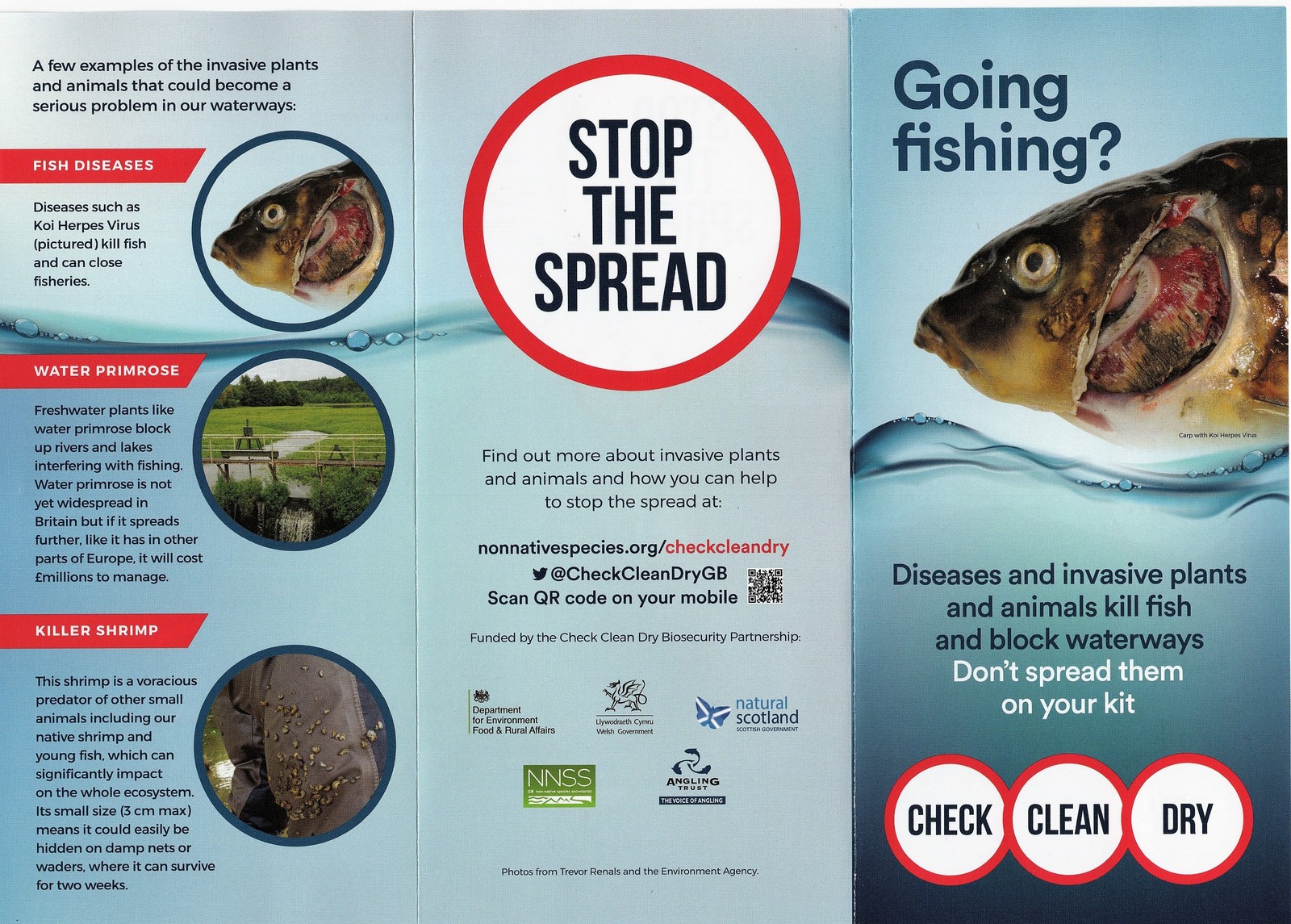
The Initiative is a collaborative project currently funded by the Environment Agency, Natural England and DEFRA.
It is a pilot for a county-wide, multi-catchment project for freshwater and riparian invasive non-native species (INNS). The Initiative’s vision is to achieve a sustainable county-wide management framework that will prevent the introduction of, or detect, control and/or eradicate specified INNS throughout Cumbria. The CFINNS Initiative is aiming to promote awareness and management of Freshwater INNS issues from promoting biosecurity to training volunteers and co-ordinating removal of certain species.
The freshwater resources of Cumbria – its many tarns, lakes, rivers and becks – are of great ecological and economic significance. INNS have the potential to cause substantial damage to these fragile ecosystems so it is vital that we all take responsibility for protecting them.
To find out more, visit the website at cfinns.sct.co.uk
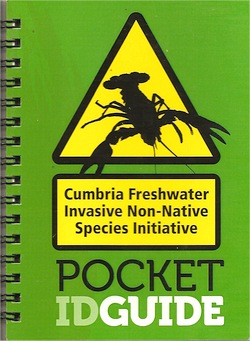
created with
HTML Website Builder .